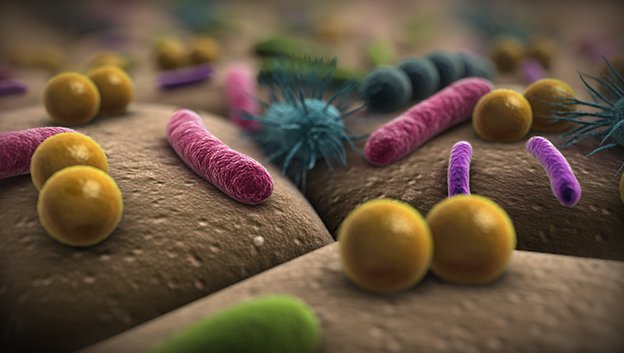Why use of Animated Character helps communication
A great part of all our communication is done online – yet, if we put our computers, tablets and phones away for a moment and concentrate on our old-fashioned, real world communication then learning shows the following: 55% of what’s being said is communicated by body language and 7% by words. The remaining 38% is transmitted by tone of voice.
When we enjoy an interpreter video, use a training tool or
play a game, we are asked to capture, and we are more likely to do that if we
feel attached in some way. Using
characters is a best way through which this link can be formed. The boy below
is Ollie, a boy Animated Character we created for
Ollie and Dog. Ollie and Dog is a series of animations elaborating growth hormone
deficiency to children. An disease such as growth hormone deficiency can seem
frightening and upsetting to a child, but when presented by an appealing
animated character the information is a lot less intimidating.
Ollie And Dog Medical Device Animated Character,
Ollie introducing waving dog Characters are the vehicle through which a story
or idea opens out. Things happen to them or ‘through’ them and as we identify
with them we experience their emotions as if they were our own. A good
character represents the human condition
in a way that deeply connects us with the idea or event that is being spread.
Communication is necessary, regardless of whether your
audience is your workforce, or your customers. Why not attach an animated character or mascot to your
advertising, or e-learning programme? If we have got you sensible about how you
can join with your audience more
meaningfully, get in touch with us by emailing info@sbanimation.com, or call us
on +44 (0)207 148 0526.





Comments
Post a Comment